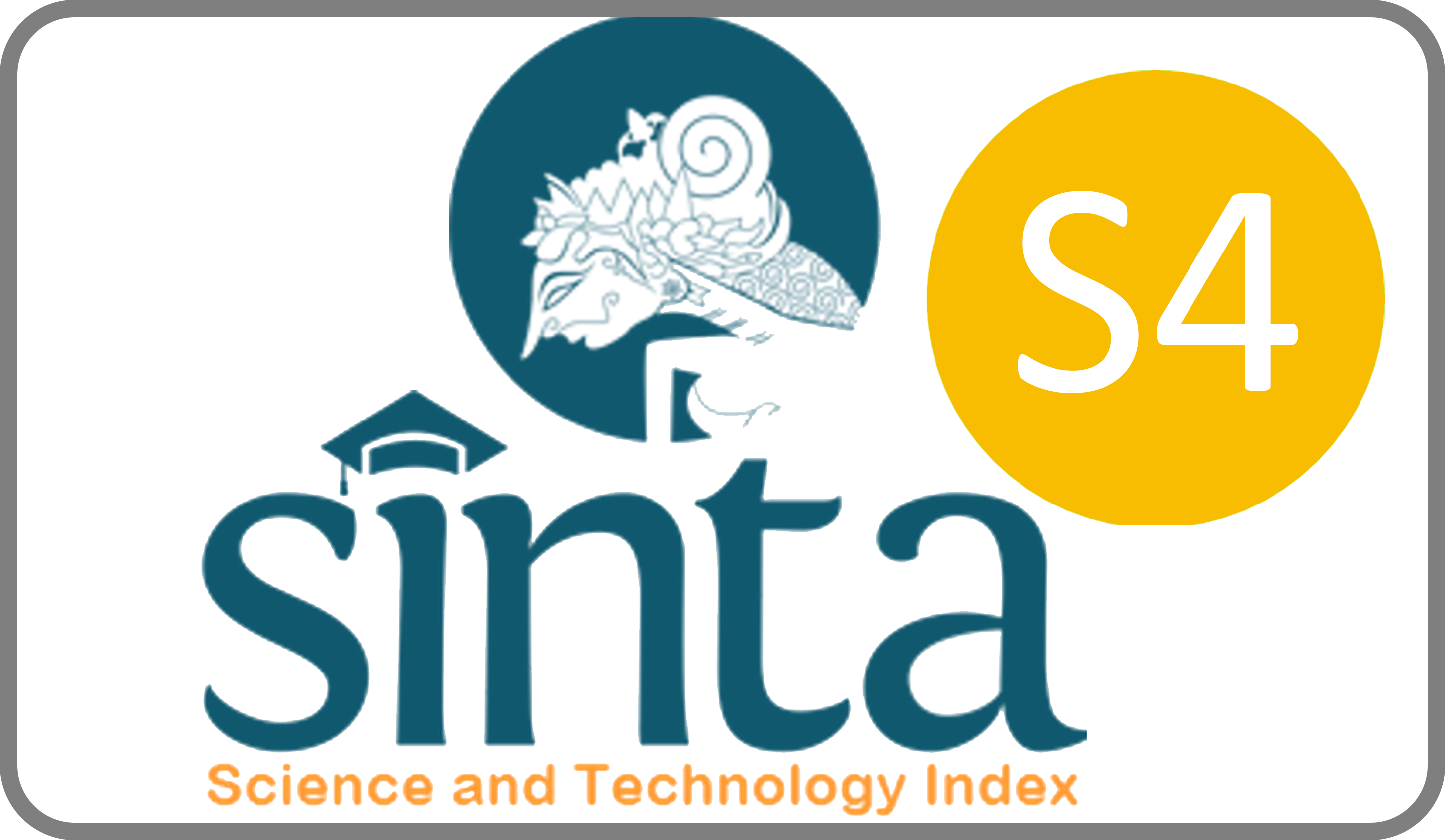PHARMACIST COMPETENCY IMPROVEMENT IN STERILE DISPENSING AT HEALTH FACILITY SERVICES IN LAMPUNG
Downloads
Sterile dosage forms are pharmaceutical preparations that require to be free of microorganisms and particles. In health services, sterile preparations often undergo a series of changes in form from their original conditions to new products through dissolution or mixing with other sterile preparations. To maintain sterility, sterile preparation dispensing skills are needed. Regulation of the Minister of Health of the Republic of Indonesia No. 72 of 2016 and No. 74 of 2016 concerning Pharmaceutical Service Standards in Hospitals and Health Centers are intended to improve the quality of pharmaceutical services, guarantee legal certainty for pharmacists and protect patients and the public from irrational drug use in the context of patient safety. Pharmaceutical service standards in hospitals cover the management of pharmaceutical preparations, medical devices, consumable medical materials and clinical pharmacy services. One of the standards in clinical pharmacy services is aseptic/sterile dispensing sterile. The community service aims to increase the knowledge and skills of pharmacists at Bandar Lampung health facilities and its surroundings in managing sterile preparations.The community service is held through a webinar with a zoom platform followed by discussion and aseptic dispensing demonstration. The sterile dispensing demonstration are carried out by dividing the participants into four groups in the breakout room and each group was guided by a facilitator. In this activity, participants were provided with material on formulation, compatibility, and stability of pharmaceutical preparations, dispensing sterile preparations, aseptic techniques, and problems in sterile dispensing sterile at the hospital. The activity was attended by 63 pharmacists from 25 hospitals in Bandar Lampung and its surroundings, also academics in Tanjung Karang. The evaluation results showed an increase in participants' knowledge of 19,3% and participants expected that activities could be carried out periodically with various topics. The activities are expected to improve the patient's health status and enhance the role of the Faculty of Pharmacy, Airlangga University in the National Health System.
Peraturan Menteri Kesehatan Republik Indonesia Nomor 72 Tahun 2016 Tentang Standar Pelayanan Kefarmasian Di Rumah Sakit
Peraturan Menteri Kesehatan Republik Indonesia Nomor 74 Tahun 2016 Tentang Standar Pelayanan Kefarmasian Di Puskesmas.
Standar Nasional Akreditasi Rumah Sakit Edisi 1, Komisi Akreditasi Rumah Sakit.
Akers, MJ., 2010, Steril Drug Product: Formulation, Packaging Manufacturing, and Quality, Informa Healthcare, London.
Adejare, A., 2020. Remington The Science and Practice of Pharmacy, 23rd Ed, Academic Press, Pennsylvania, US.
Allen, L.V., and Ansel, H.C., Ansel's Pharmaceutical Dosage forms and Drug Delivery System, 2014. 10th Ed. Wolters Klumer, Philadelphia.
Kementerian Kesehatan RI, 2020, Farmakope Indonesia Edisi 6, Kementrian Kesehatan RI, Jakarta.
Ditjen Bina Kefarmasian dan Alat Kesehatan Depkes RI, 2009. Pedoman Dasar Dispensing Sediaan Steril, Jakarta.
Isadiartuti D., Sugiyartono, Sari R., Rijal M.A.S., Retnowati, D., 2020. Edukasi Tehnik Aseptik Bagi Tenaga Kesehatan di Fasilitas Pelayanan Kesehatan Kabupaten Sumba Timur NTT. Jurnal Layanan Masyarakat 4 (1): 237-242.
ASHP Injectable Drug Information 2021 Ed., Editorial Authority of ASHP.
Copyright (c) 2023 Retno Sari, Dewi Isadiartuti, M. Agus Syamsur Rijal, Dini Retnowati, Dinda Monika N. Ratri, Nuzul Wahyuning Diyah, Tutik Sri Wahyuni

This work is licensed under a Creative Commons Attribution-ShareAlike 4.0 International License.
JLM by Unair is licensed under a Creative Commons Attribution-ShareAlike 4.0 International License.
1. The journal allows the author to hold the copyright of the article without restrictions.
2. The journal allows the author(s) to retain publishing rights without restrictions
3. The legal formal aspect of journal publication accessibility refers to Creative Commons Attribution Share-Alike (CC BY-SA).
4. The Creative Commons Attribution Share-Alike (CC BY-SA) license allows re-distribution and re-use of a licensed work on the conditions that the creator is appropriately credited and that any derivative work is made available under "the same, similar or a compatible license”. Other than the conditions mentioned above, the editorial board is not responsible for copyright violation.


















